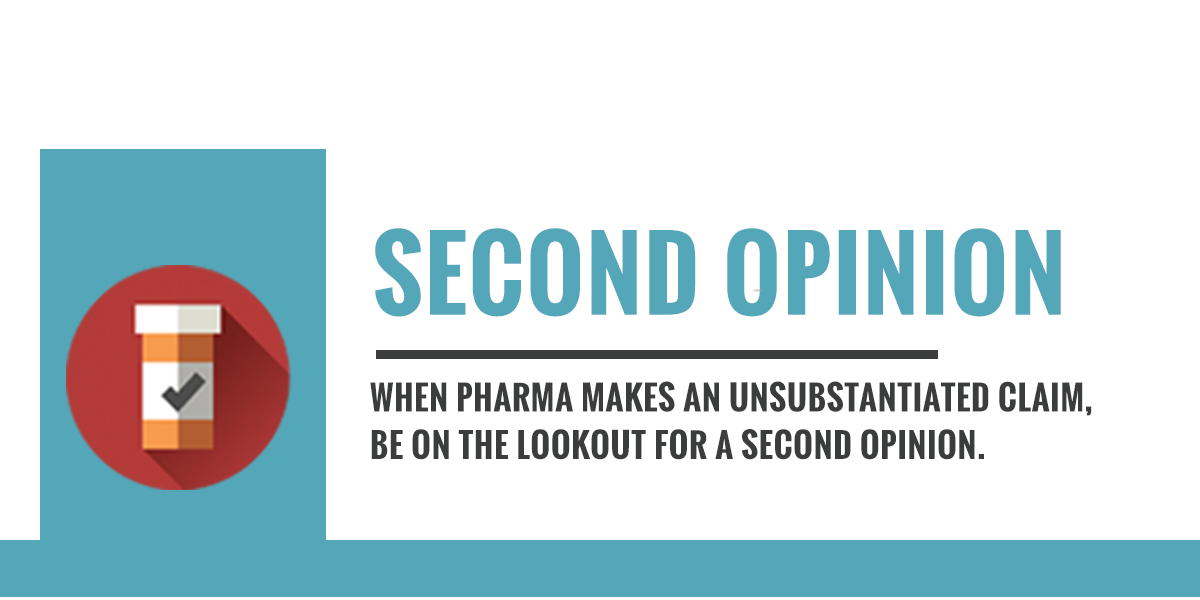© 2024 CSRXP- All Rights Reserved

Second Opinion: The Real Source of Rising Drug Prices
Sep 10, 2018
Big Pharma is always eager to play the blame game – attempting to divert attention away from tactics that price-gouge vulnerable patients. But these gratuitous attacks conveniently ignore the facts. To keep Big Pharma and its backers in check, CSRxP is starting a new blog series called “Second Opinion” to set the record straight on behalf of patients.
Over the past five years, brand name drug prices have increased at 10 times the rate of inflation – leaving countless American patients with the impossible choice of whether to take the medications they need to survive or paying their medical bills.
True to form, fans of Big Pharma are focused on pointing fingers at an essential player in lowering drug prices, pharmacy benefit managers (PBMs) – rather than addressing the real source of these trends.
PBMs are responsible for administering prescription drug plans for more than 250 million Americans. Working with health plans, PBMs negotiate with drug manufacturers to get lower prices so patients can have greater access to more affordable medicines.
Despite the unsubstantiated claims propagated in a recent Washington Post op-ed, pharmacy benefit managers have an extensive track record of beating back out-of-control drug prices on behalf of patients.
Meanwhile, instead of bending the cost curve downward, Big Pharma is working to pad its bottom line – driving up costs at the expense of consumers.
Here are the facts they conveniently ignore:
- Nine of the top 10 drug makers spend 50 percent more on advertising than they do on research and development.
- Drug makers enjoy some of the biggest profit margins of any industry– the top pharma companies claim over $10 billion in sales and have a nearly 30 percent profit margin.
They also ignore the facts that:
- PBMs and Part D plans saved Part D and its beneficiaries over $20 billion in drug costs in 2017 and are projected to save the program more than $300 billion from 2017 to 2026, according to a recent analysis.
- Medicare Part D spending is set to drop significantly over the next year – due in part to the savings secured by PBMs, according to the most recent Medicare Trustee Report.
- PBMs have proven to pass savings onto consumers. According to aCVS report, their PBMs kept under two percent of drug rebates in 2017 – passing 98 percent of the savings to consumers.
From now on, when Pharma makes an unsubstantiated claim, be on the lookout for a second opinion.
